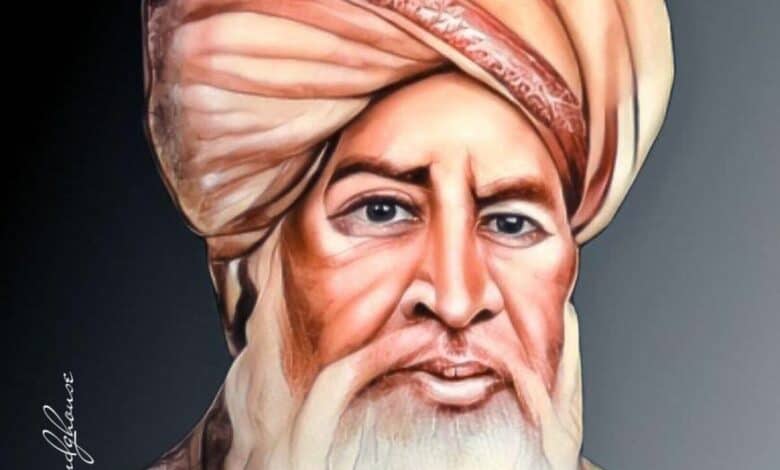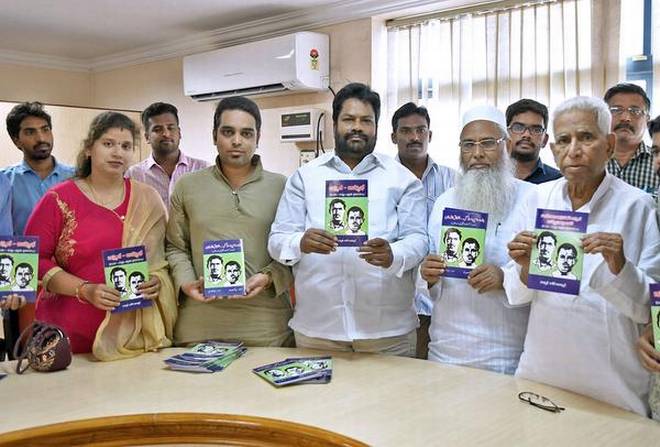Hyderabad / British India:
Moulvi Allavuddin was sent to cellular jail in Andaman on June 28, 1859.

Moulvi Syed Allavuddin who was a spiritual leader used to exhort the people of Nizam State, one of the strongest princely states of South India, to rebel against the British hegemony. He stood at the forefront of the direct fight against the British Government.
Moulvi Syed Allavuddin was a native of Hyderabad, the capital of the erstwhile Nizam princely state. He intensified his rebellious activities soon after the First war of Independence of India was started in 1857.
A rebellion started in Aurangabad which was part of Nizam State. The rebels who took part in the revolutionary activities in Aurangabad, escaped arrest and came to Hyderabad. They were arrested by the Nizam state police and kept in jail. The people and prominent citizens of Nizam state were angry when Nizam rejected their plea to release the arrested rebels. They met in Mecca Masjid on July 17, 1857, and decided to attack the British Residency in Hyderabad.
That afternoon at 4 pm about five hundred people led by Moulvi Allavuddin and another revolutionary leader Patan Turrebaz Khan marched ahead from Sultan Bazar with war cries to attack the British Residency, a symbol of British Supremacy. Nizam Nawab, being a friend of the British, informed the English officers of the imminent attack. The armies of the English and the Nizam moved strategically and confronted the attackers with additional forces.
Firing continued between the two sides throughout the night. The rebels retreated as the enemy forces gained an upper hand. The angry armies of the British and the Nizam cracked down on the people of Hyderabad. An award of four thousand rupees was announced on the head of Moulvi Syed Allavuddin.
Moulvi went underground. After taking shelter for one and half years from his close friend named Peer Mohammed, he started consultations with freedom fighters and revolutionaries like Syed Bhikkoo, Syed Lal, and Mohammed Ali to put an end to the hegemony of the British on his land and people. At last British forces arrested and sent Moulvi Allavuddin to the cellular jail in Andaman on June 28, 1859.
After leading a miserable life of 25 years as a prisoner, Moulvi Syed Allavuddin passed away in 1884.
source: http://www.siasat.com / The Siasat Daily / Home> News> India / by Syed Naseer Khan / April 03rd, 2023










